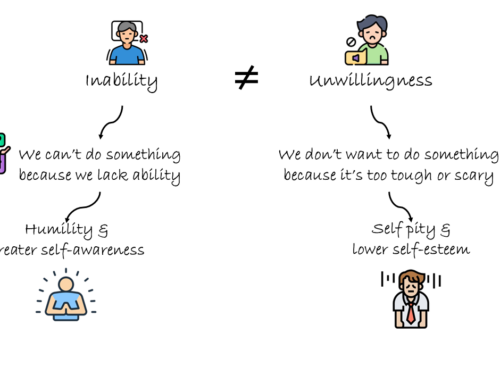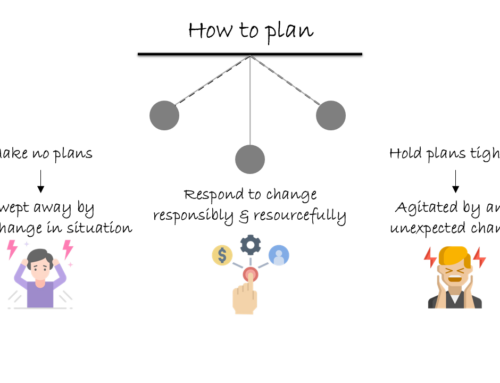Few things stimulate human sympathy as much as the sight of someone being persecuted. We naturally want to do what we can to stop the persecution. Unfortunately, some sly people exploit this natural human tendency for sympathy. They persecute others in private, but as soon as they come in public, they start portraying that it is they who are being persecuted. If sympathetic observers intervene, their help doesn’t help much, for they let the persecutor go scot-free.
The mind is such a sly operator in our inner world. Let’s see how.
Suppose we have an unusually heavy workload. In such a situation, our mind starts obsessing over it, hyperventilating about it and overall chronically complaining about how harsh and unfair things are. Thus, the mind makes a difficult situation seem impossible. If we feel overwhelmed, it’s usually not because of the situation; it’s frequently because of the mind’s melodrama about that situation.
Suppose a well-wisher points out what’s happening: “You are getting too worked up about this. Just calm down, do your best and things will work out.” On encountering such sound advice that exposes the mind’s shenanigans, the mind starts playing the victim: “No one understands what I am going through.” By thus portraying the world at large as uncaring, even hostile, the mind positions itself as the persecuted while actually causing most of the persecution. If we believe the mind’s narrative, we distance ourselves from our well-wishers and go further into the mind’s clutches.
Thankfully, the Bhagavad-gita helps us wise up to the mind’s cunningness — it warns us that needless negativity characterizes the perverse determination of a mind dominated by the mode of ignorance (18.35).
Guided by Gita wisdom, when we become astute observers of our inner world, we can catch the mind before it catches us.
Think it over:
- How does the mind persecute us?
- How does the mind pretend to be persecuted?
- In which situations does your mind typically play the victim? How can you equip yourself to catch it in those situations?
To know more about this verse, please click on the image
Explanation of article:
Podcast:






Leave A Comment